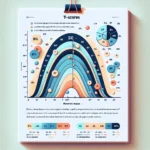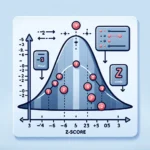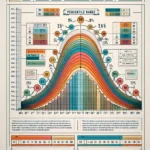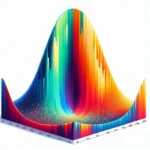**Wechsler Intelligence Scale for Children (WISC) – A Comprehensive Guide** The Wechsler Intelligence Scale for Children (WISC) is a renowned psychological assessment tool designed to measure the cognitive ability and intellectual functioning of children. Created by psychiatrist Dr. David Wechsler, the WISC has become a standard instrument utilized by psychologists and educational professionals globally to […]










